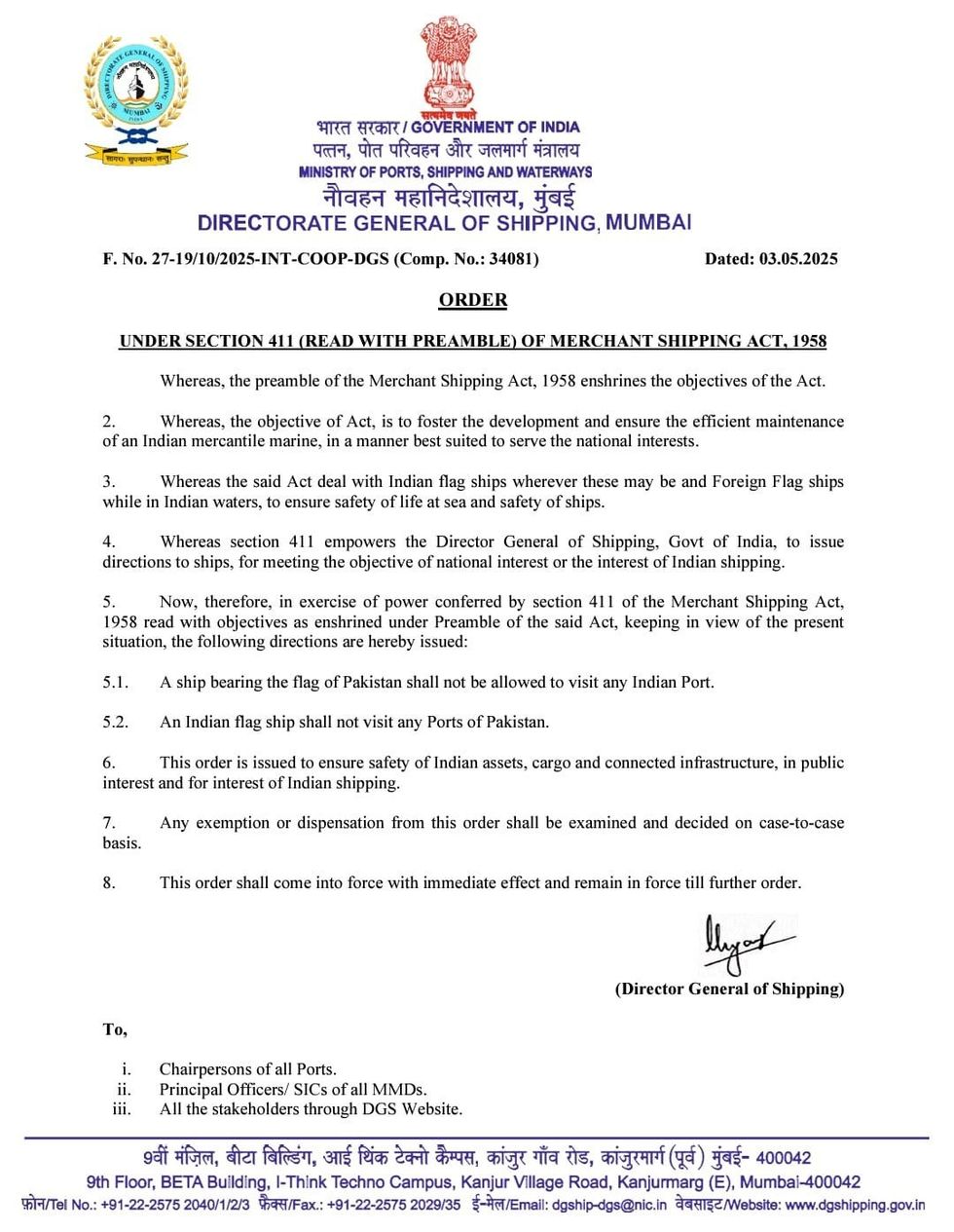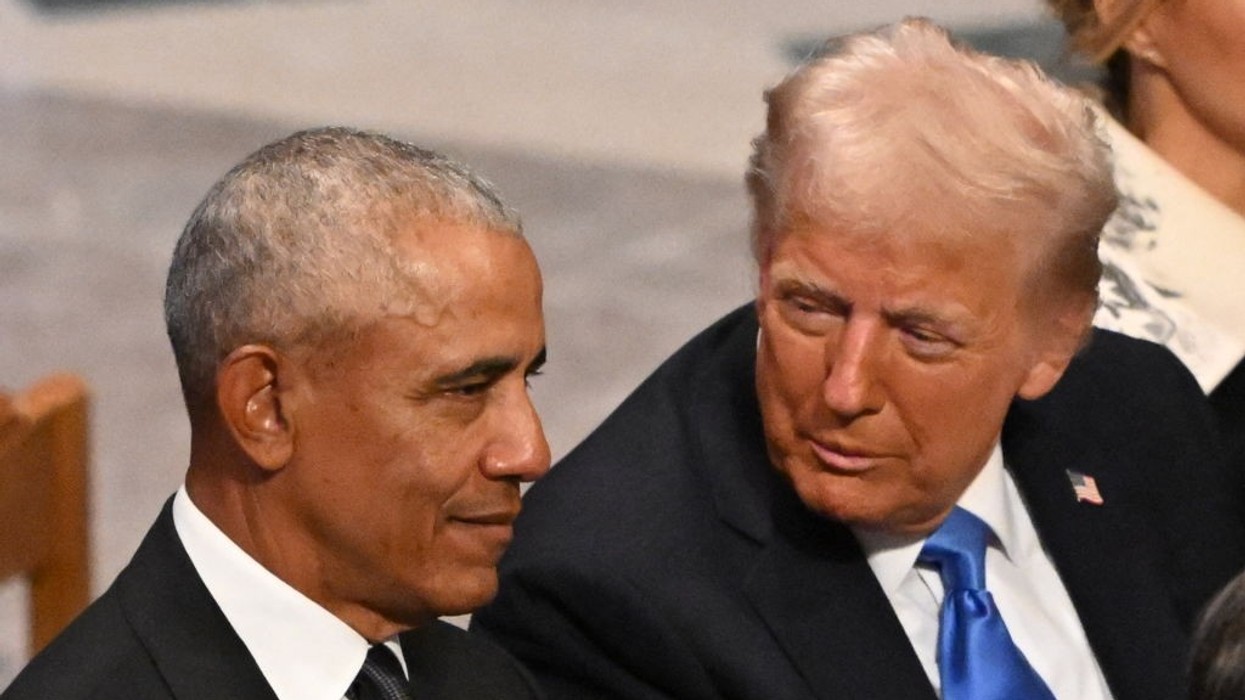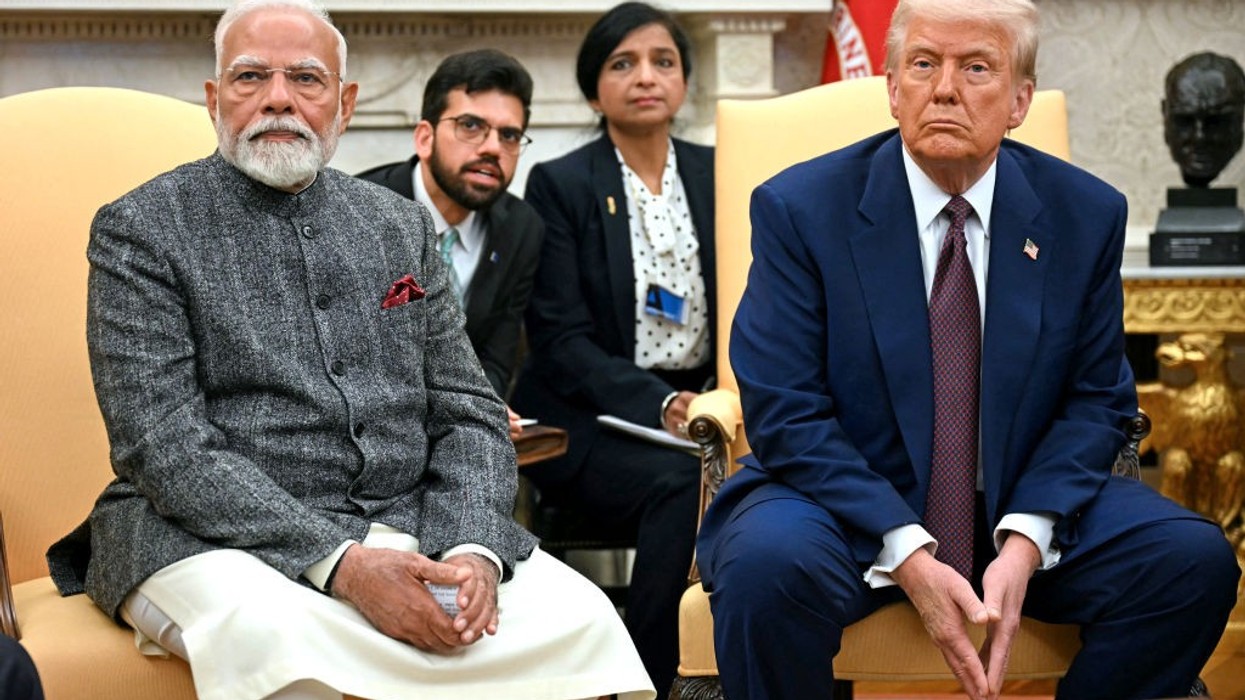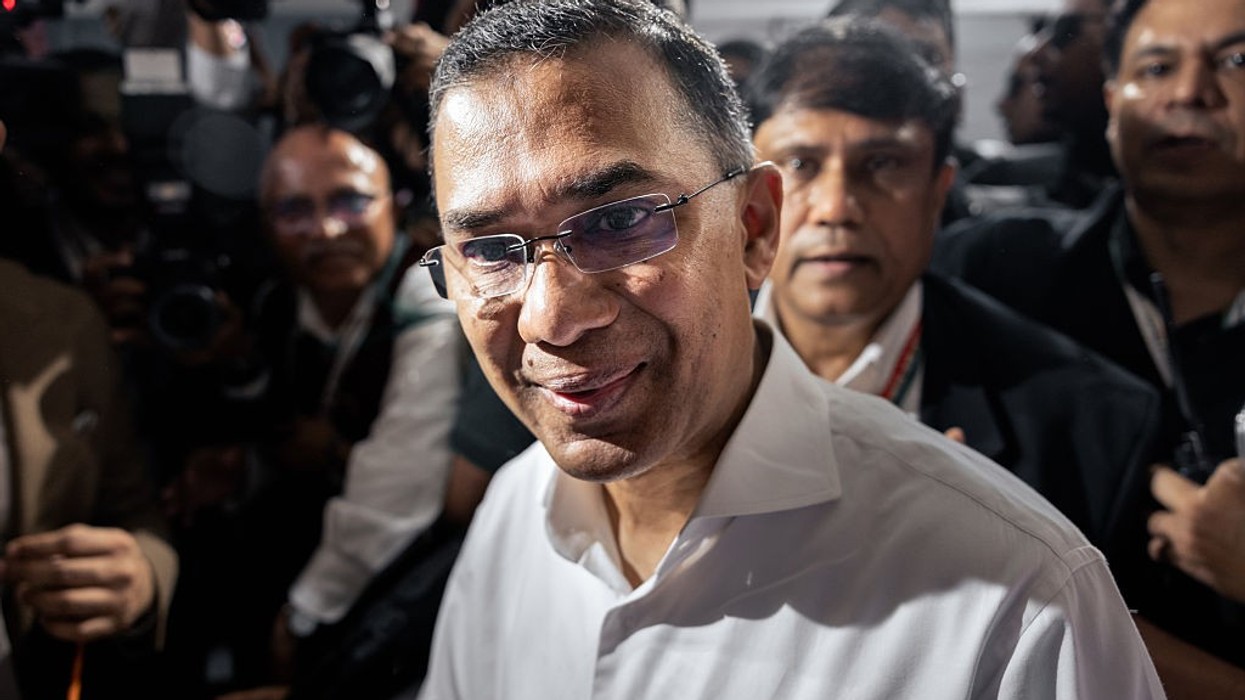In a major escalation following the deadly terror attack in Pahalgam, Jammu and Kashmir, the Indian government has banned all imports—both direct and indirect—from Pakistan. Effective from Friday (2), the move also includes a blanket ban on Pakistani ships docking at Indian ports. The action is aimed at cutting all commercial ties with Pakistan, which India accuses of backing cross-border terrorism.
The decision comes just days after the Pahalgam tragedy, in which 26 people lost their lives in a terror strike allegedly orchestrated by a Pakistan-based militant group. In response, India has launched a series of retaliatory measures targeting economic, infrastructural, and diplomatic ties with its western neighbor.
The Ministry of Commerce issued a formal notification adding a new clause—Para 2.20A—to the Foreign Trade Policy 2023. The clause states: “Direct or indirect import or transit of all goods originating in or exported from Pakistan, whether or not freely, is prohibited with immediate effect until further orders. This restriction is imposed in the interest of national security and public policy.”
This change not only bans direct imports but also halts goods that were previously entering India through third-party nations such as the UAE, Singapore, or Sri Lanka—an often-used route to bypass earlier trade restrictions.
Further tightening its stance, the Directorate General of Shipping has barred all Pakistani-flagged vessels from Indian ports. According to the official notice, “This order is issued to ensure the safety of Indian assets, cargo, and infrastructure, in the public interest and in the interest of Indian shipping.”
The impact on regional trade is already being felt. The Attari-Wagah border—the only land route for trade between India and Pakistan—had recorded trade worth ₹3,886 crore during the 2023–24 fiscal year. However, trade through this channel had already been suspended prior to the full ban, and this latest move formalizes India’s complete economic disengagement.
On the diplomatic front, Pakistan has retaliated by suspending all trade with India and closing its airspace to Indian aircraft. In turn, India has banned Pakistani airlines from flying over Indian territory. Both countries have now entered a phase of mutual disengagement across several domains, including air travel, water-sharing agreements, and commerce.
In an even more significant move, India has suspended the Indus Water Treaty—a historic agreement governing river water sharing—citing Pakistan’s persistent hostility and failure to curb terror activities originating from its soil.
Pakistan, in retaliation, has declared the Shimla Agreement of 1972 suspended, further adding to the diplomatic chill. The escalation underscores the fragility of India-Pakistan relations and the increasing willingness of both sides to dismantle long-standing bilateral arrangements in the wake of national security threats.
With rising political and public pressure, India’s zero-tolerance approach signals a policy shift, and experts warn of long-term economic and geopolitical implications in South Asia.

















